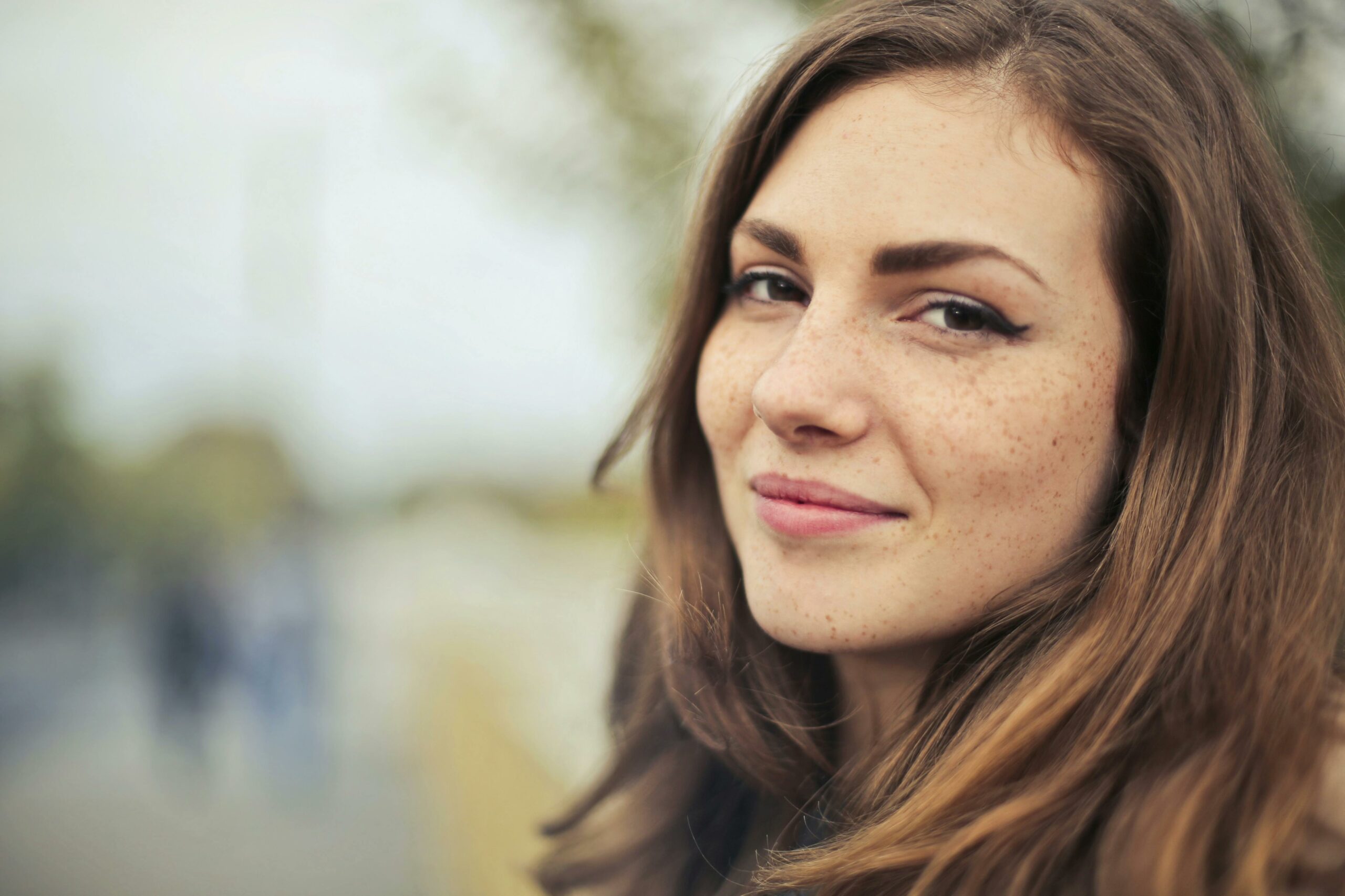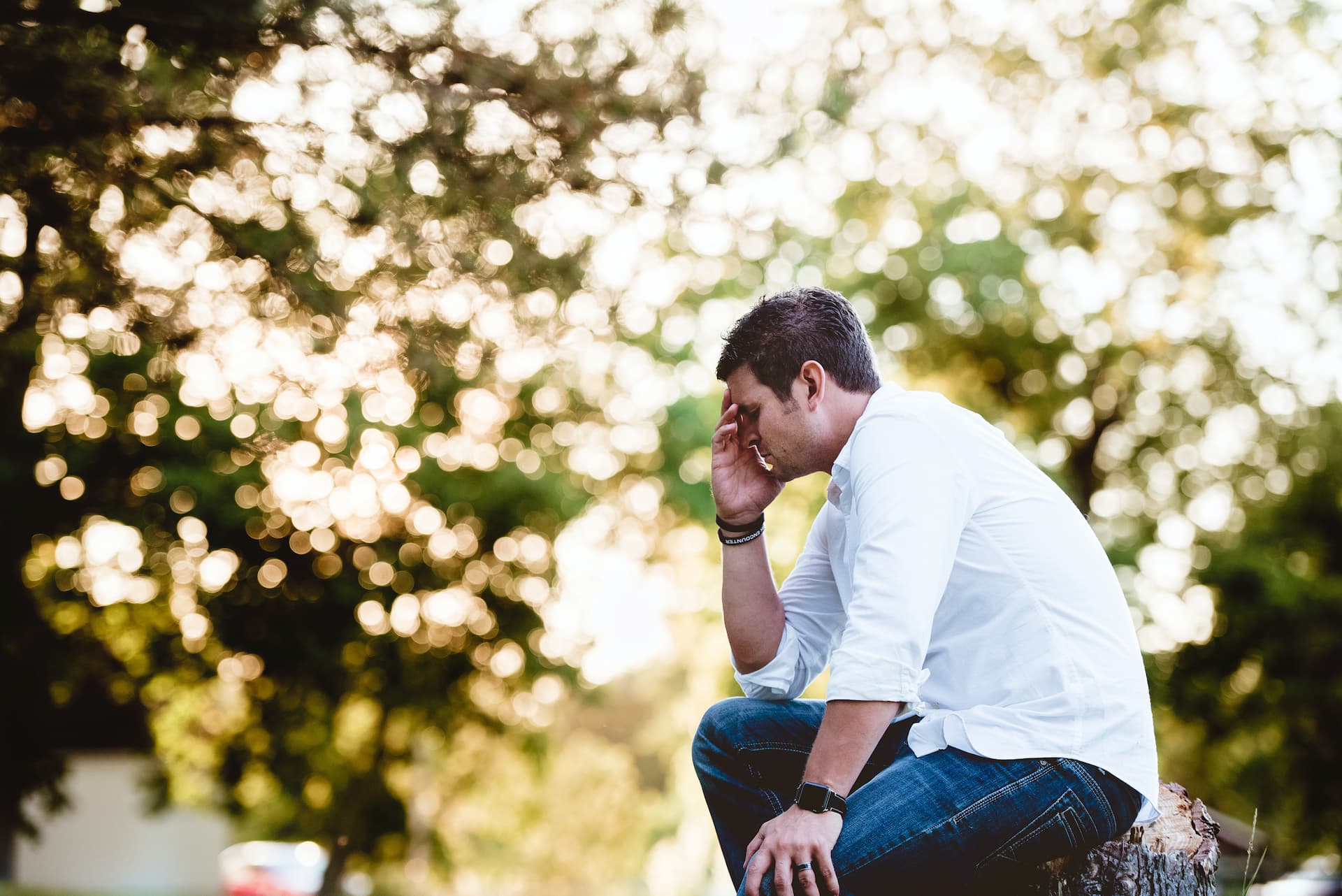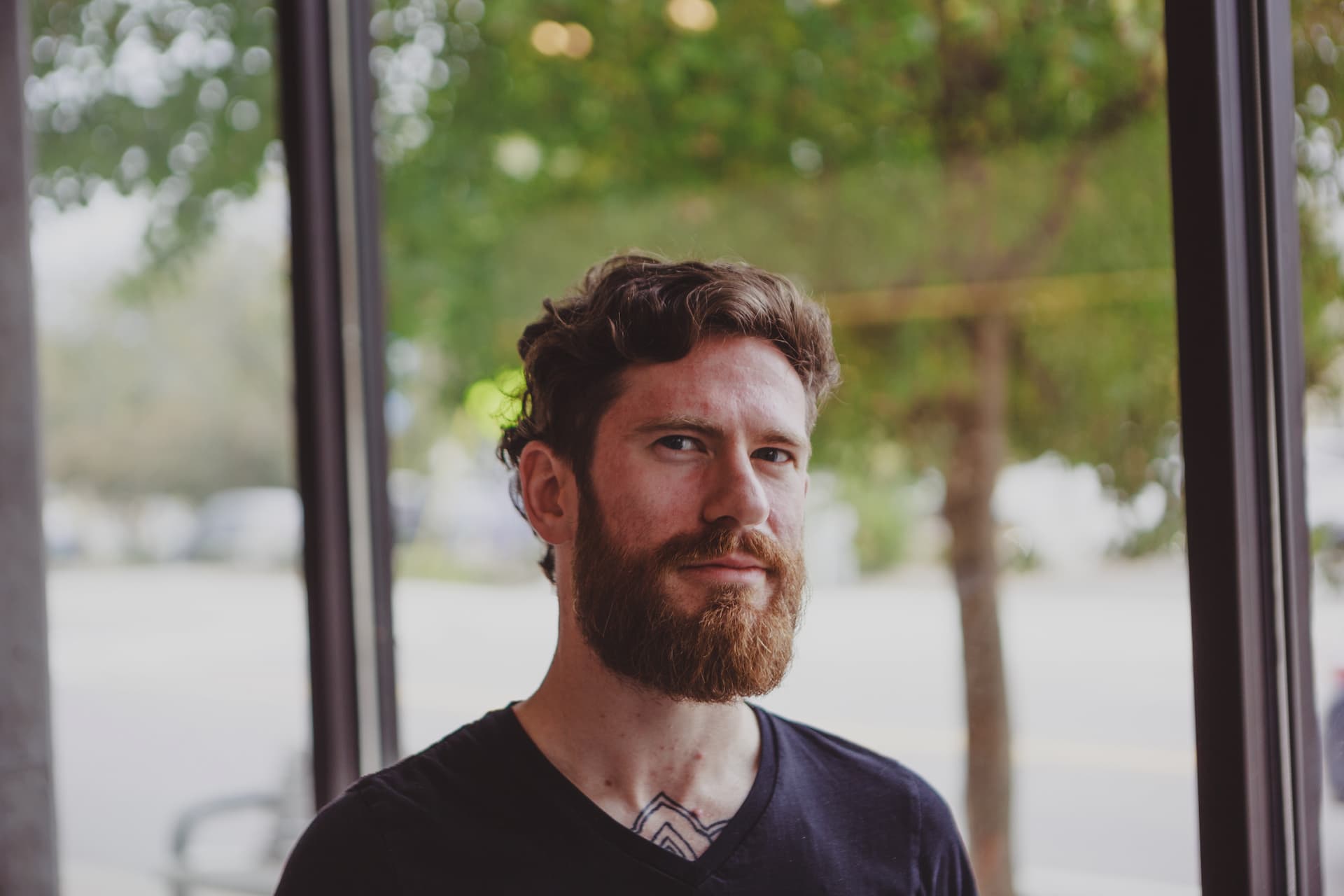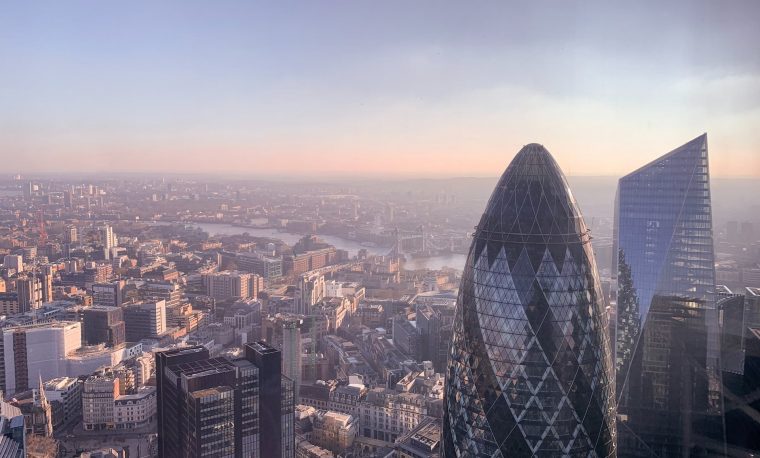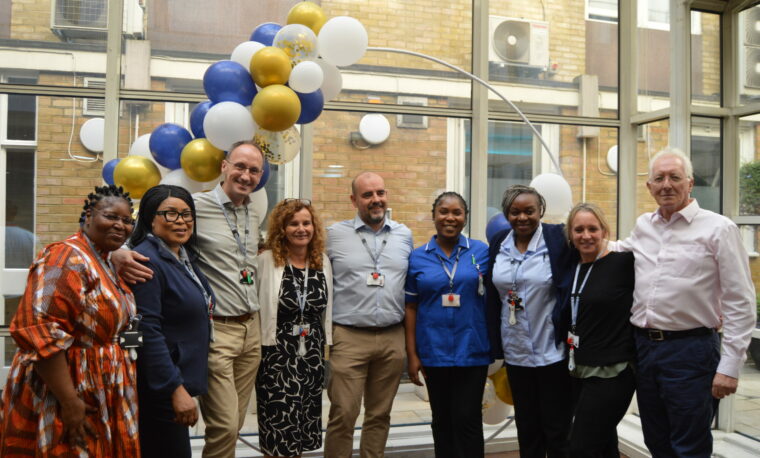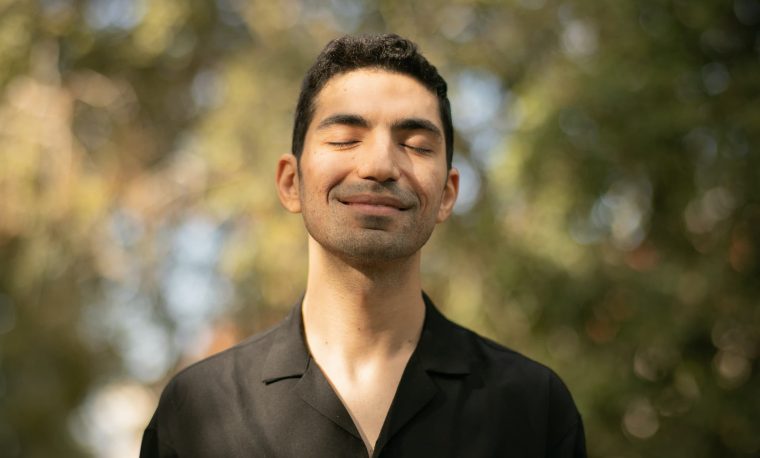Drug addiction: What it is, signs, effects and treatment
Drug addiction
Drug addiction stems from a dependence on legal or illegal drugs; and can have life-altering physical, emotional and psychological consequences. Drug abuse is a mental health disease that can be life-threatening, and leave a trail of destruction in both the users life and their loved ones.
Recovery from drug addiction is possible, and like any other addiction, professional treatment is usually required to overcome it. Nightingale Hospital can help you take that vital step to regain a life free from drug addiction.
Signs and symptoms of drug addiction
The signs and symptoms of drug addiction or intoxication can depend on the drug used. Below are several examples of common themes related to drug addiction.
Signs you may be addicted to a drug include:
- Feeling you have to use the drug regularly (either daily or several times a day) to function
- Needing more of the same drug to achieve the desired effect
- Withdrawal symptoms when you attempt to stop taking the drug
- Failure to cut down or stop the drug
- A great deal of time, money and resources is spent on obtaining the drug
- Spending money on the drug even if you can’t afford it
- Family, social and/or work responsibilities are ignored
- Carrying on using despite negative consequences
- Engaging in risky behaviours when on the drug
- Problems at school or work including a drop in participation, interest or performance
- Increased aggression, secrecy, privacy and drastic changes in personality
- Neglecting your appearance, including a lack of interest or awareness in grooming, clothing or looks
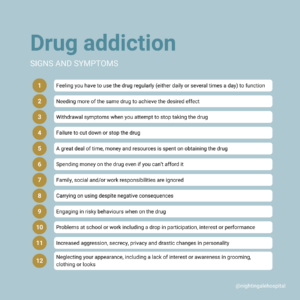
How can a drug addiction affect you?
Psychological symptoms of drug addiction
- Relationship problems
- Increased impulsivity and risk-taking behaviours
- Depression
- Anxiety
- Irritability, anxiety and paranoia
- Insomnia
- Drug-induced psychosis
- Mood disorders
- Loss of motivation
- Hallucinations
Physical symptoms of drug addiction
- Changes in cognitive function
- Loss of sociability or increased sociability
- Problems concentrating or thinking clearly
- Weight loss or gain
- Problems with liver and pancreas
- Dilated pupils, red eyes
- Changes in heart rate, blood pressure and body temperature
- Lack of coordination and dizziness
- Sexual dysfunction
Free telephone consultation
We offer a free telephone consultation to determine if addiction treatment would be right for you, or a loved one. Complete the form below and an addiction specialist will be in touch to arrange a telephone appointment.
Book your consultation
Treatment for drug addiction at Nightingale Hospital
Many people do recover from addiction with no professional treatment, and there is not only one path. However, the evidence is clear – professional treatment works and makes it more likely that people begin recovery and continue in recovery.
Our specialist addiction team can provide treatment for addiction to a wide range of specific drugs.
Types of drug addictions treated at Nightingale Hospital:
- Amphetamine addiction
- Benzodiazepine addiction
- Cannabis addiction
- Cocaine addiction
- Codeine addiction
- Ecstasy addiction
- Heroin addiction
- Inhalant addiction
- Opiates addiction
- Prescription drug addiction
Addiction treatment at Nightingale Hospital is underpinned by an integrative approach combining motivational interviewing, cognitive behavioural therapy, interpersonal group therapy, experiential therapy and 12-step facilitation. We place a strong emphasis on relapse prevention, psychoeducation, group therapy, the implementation of positive coping strategies and family involvement in treatment. In addition to this, a key part of our comprehensive assessment is the identification of significant traumas that have played a role in causing or maintaining addictive behaviours. Our addiction treatment is based on a comprehensive therapeutic framework of biopsychosocial care with the support of some of the UK’s leading addiction specialists. All our addiction treatment offerings are based on current clinical evidence and in line with the National Institute for Health and Care Excellence (NICE) guidelines.
All addiction treatment at Nightingale Hospital begins with a consultation with one of our addictions therapists or a consultant psychiatrist specialising in addiction.
This consultation is an opportunity for our specialists to understand your history, assess your current situation and provide more information about our admission process and the addiction treatment programmes we offer. If you first have a consultation with an addictions therapist, you will then have an assessment with a consultation psychiatrist who will work with you to create a treatment plan and treatment pathway specific for you. Each person experiencing addiction is unique, so treatment plans are tailored to your specific needs, circumstances, and history. You are not alone in this journey and we are here to help.
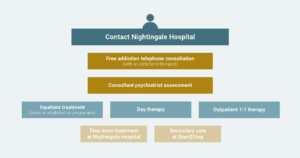
Depending on the outcome of these assessments, we offer two different intensive inpatient programmes, a 28-day addiction treatment rehabilitation programme and 7-10-day detox programme, a day patient programme or outpatient 1:1 therapy for treating addiction.
Drug addiction treatment can be provided via three different streams:
- Inpatient treatment
- Day patient treatment
- Outpatient 1:1 treatment
Inpatient drug addiction treatment
Our inpatient addiction programmes are designed to provide you with a ‘circuit breaker’ which supports you with the tools to create long-lasting change and recovery. Our inpatient programmes are broken down into two different modalities, the 28-day addiction treatment rehabilitation programme and the 7-10 day detox programme. Our addiction therapists and consultant psychiatrists specialising in addiction will go through the options with you and provide a treatment plan tailored to your specific needs, circumstances, and history.
These pages provide an overview of each of the inpatient programmes, an example therapy timetable to understand what your day-to-day might look like and introduce you to the team who will be supporting you.
Download the programme brochure
You can view a copy of the programme brochure by completing the form below.
Day patient and outpatient drug addiction treatment
We understand that addiction recovery is a daily decision which is why we provide support beyond just an inpatient setting. Our day therapy programme and outpatient 1:1 therapy may be accessed without accessing inpatient treatment but in many cases, individuals will access these services after first completing the 28-day addiction treatment rehabilitation programme or 7-10-day detox.
Drug addiction specialists at Nightingale Hospital
Nightingale Hospital London has a number of consultant psychiatrists and specialist therapists that can help you with alcohol addiction. It is vital you find a specialist that you can trust and work with on your recovery.
Our addiction treatment team is led by:
- Dr Bhaskar Punukollu – Lead Consultant for Addiction Services Consultant Psychiatrist at Nightingale Hospital
- Patrick Maxwell – Lead Therapist for Addictions, Nightingale Hospital
Useful resources
Related treatments
- Family therapy
- 28-day addiction treatment programme
- Drama therapy
- Drug and alcohol detox
- Acceptance and commitment therapy (ACT)
- Schema therapy
- Addiction treatment
- Art therapy
- Cognitive behavioural therapy (CBT)
- Counselling
- Interpersonal therapy (IPT)
- Psychotherapy
- Sleep therapy
- Well-being therapies
